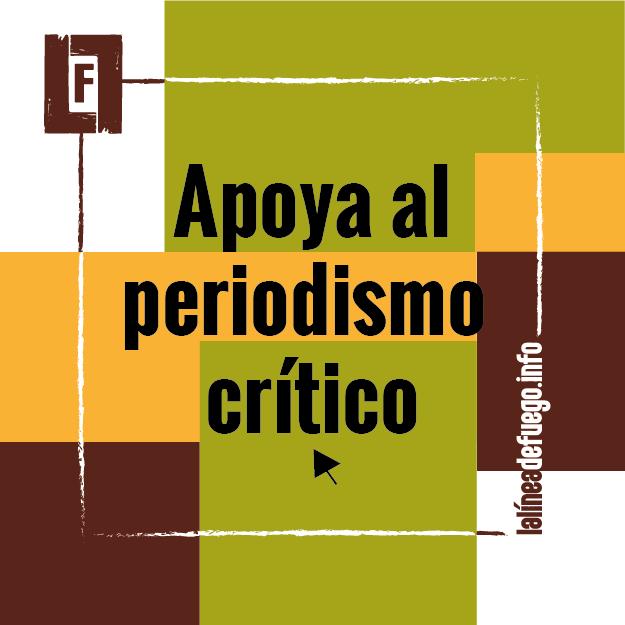November 14, 2015
The arguments of those opposed to allocating seats in Congress to the FARC as part of the peace process are both powerful and logical . Firstly, they point out, it would be contrary to the fundamental concepts of democracy: all must play by the same rules, and once incorporated into civilian life the FARC must earn popular support if they are to access representative bodies.
It would be a bad omen for Colombian society, they insist, if a group that caused so much damage were to be rewarded with political gain. More specifically, they reject the idea that guerrilla leaders accused of serious crimes be allowed to enter Congress or present themselves as candidates for democratically elected posts, adding that long before they can exercise political power, members of the FARC must appear before the courts and pay the penalties imposed on them. Finally, opponents point to opinion polls that show significant levels of disapproval of any possible presence of insurgents in Parliament.
The problem is that those making the arguments are leaping blindly over the country’s history without stopping to take a look at Colombian democracy’s open wounds. It’s worth taking a look at how the war began. It started when various political and social groups were excluded from democratic life by the ‘National Front’ agreement between liberals and conservatives,* and later expanded and became more vicious after the failure of the Belisario Betancur peace pact and the massacre of the members of the Patriotic Union.
I should point out that the Patriotic Union, born of the peace agreement between Betancur and the FARC, was able to elect elected 14 parliamentarians in its first foray into the electoral arena, as well as 23 mayors of its own and 102 in coalition with other political groups. These legitimate conquests were wiped away in a hail of bullets. Ivan Marquez, head of the FARC delegation, who had himself been elected to the House of Representatives as a result of this trial, decided to return to the mountains when the killings began.
It does not take much to imagine how this tragedy must have influenced the FARC spokesmen when they proposed that the group be given some seats in Congress as part of this new peace process. The proposal also corrects a mistake the FARC made in the nineteen eighties, this time accompanying a commitment to put down their weapons for good, unlike the previous occasion when the promise was simply a truce that might have eventually lead to the end of the conflict.
But that is not the only justification. The difficulties the guerrillas will face in attempting to participate in politics will be a thousand times greater than 30 years ago. When the country took control of the cities the subversive groups retreated to the periphery and sought shelter amongst the coca farmers and settlers on the margins of national life. This will be their first electoral environment. Small, precarious. Later, they will have to deal with political operators whose pockets are stuffed full of money from government contracts, private support and illegal businesses.
Some say this is what they deserve, to become the victims of their own invention. But that can not be the logic of peace and the expansion of democracy. The country needs to open up, to revitalize electoral competition, promote the emergence of new political forces, and overcome exclusion so that no-one should ever again take up arms on the basis of democratic limitations.
The Havana peace negotiations have worked to promote and opening up of the democratic process and, in addition to major reforms, the second point of the agreement sets out special peace zones to be established for the 2018 elections: in these areas parliamentary quotas will be expanded, offering a better opportunity to the political groups arising from peace process to choose their representatives. But the seats assigned directly are a necessary complement, allowing the FARC and probably to the ELN, to make the transition from arms and illegality to politics.
The agreement on justice signed on September 23 shrewdly does not condition the FARC’s political participation. The implication is that once the peace agreement has been signed and once weapons have been surrendered, congressional representation can come into force as the only form of political representation for the guerrillas until 2018. It is likely that the FARC, if their proposal for seats is accepted, will propose representatives from outside their own ranks, something they did 30 years ago. This would be a way to honor the memory a Patriotic Union that also transcended the guerrilla themselves, and became an independent movement in open struggle for peace in the country.
Note. The government has finally outlined a suitable mechanism for holding a referendum on the peace agreements. It would be a good thing if the FARC studied the draft referendum and commented on its suitability.
* Ex guerrillero, member of the ELN (Ejercito de Liberación Nacional) Aa nd founder of the Fundación Arco Iris which investigated, and later published information on the links between politicians and the drug trade, leading to to numerous convictions.
Original Article: http://www.semana.com/opinion/articulo/leon-valencia-se-daran-curules-en-el-congreso-para-las-farc/449849-3


